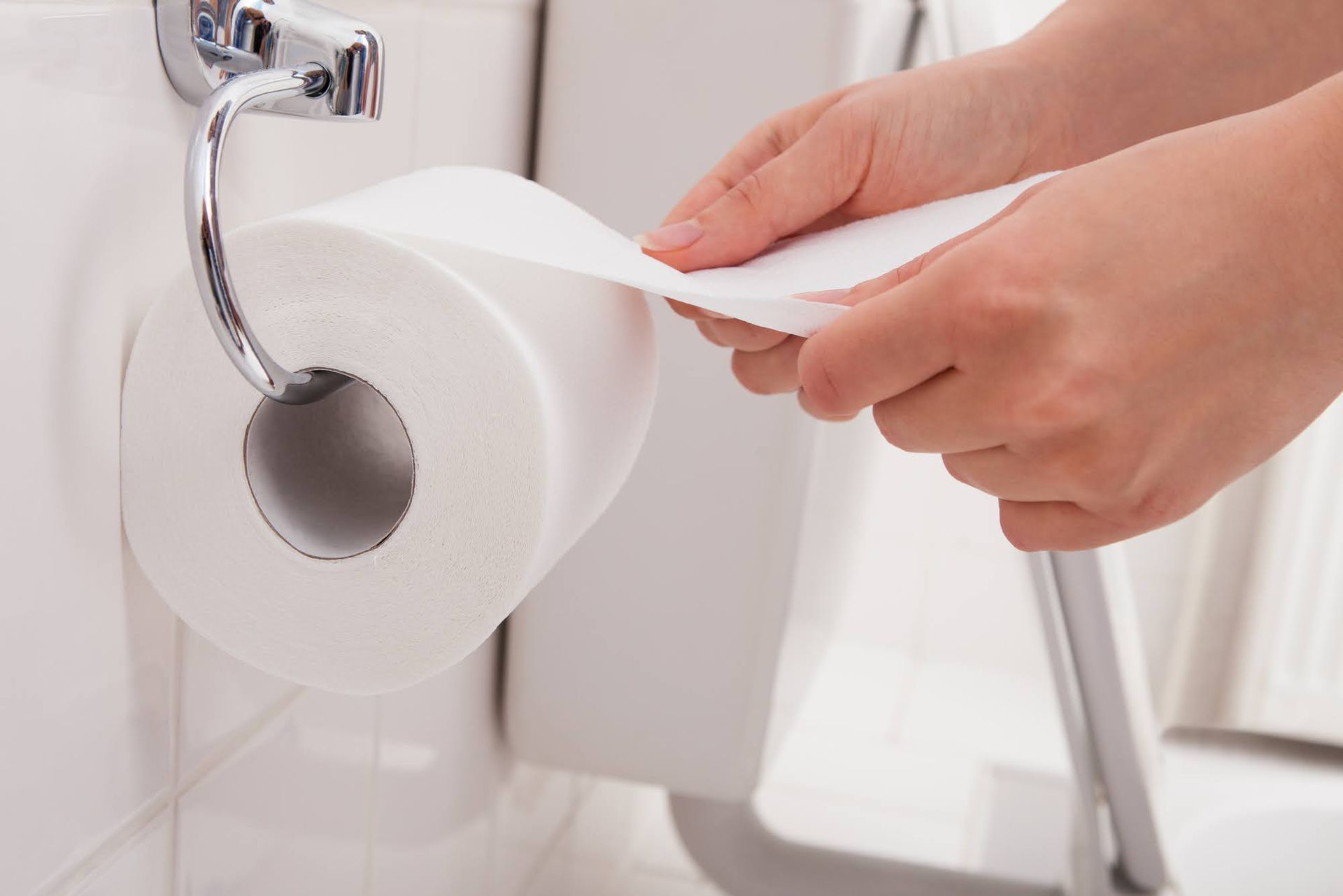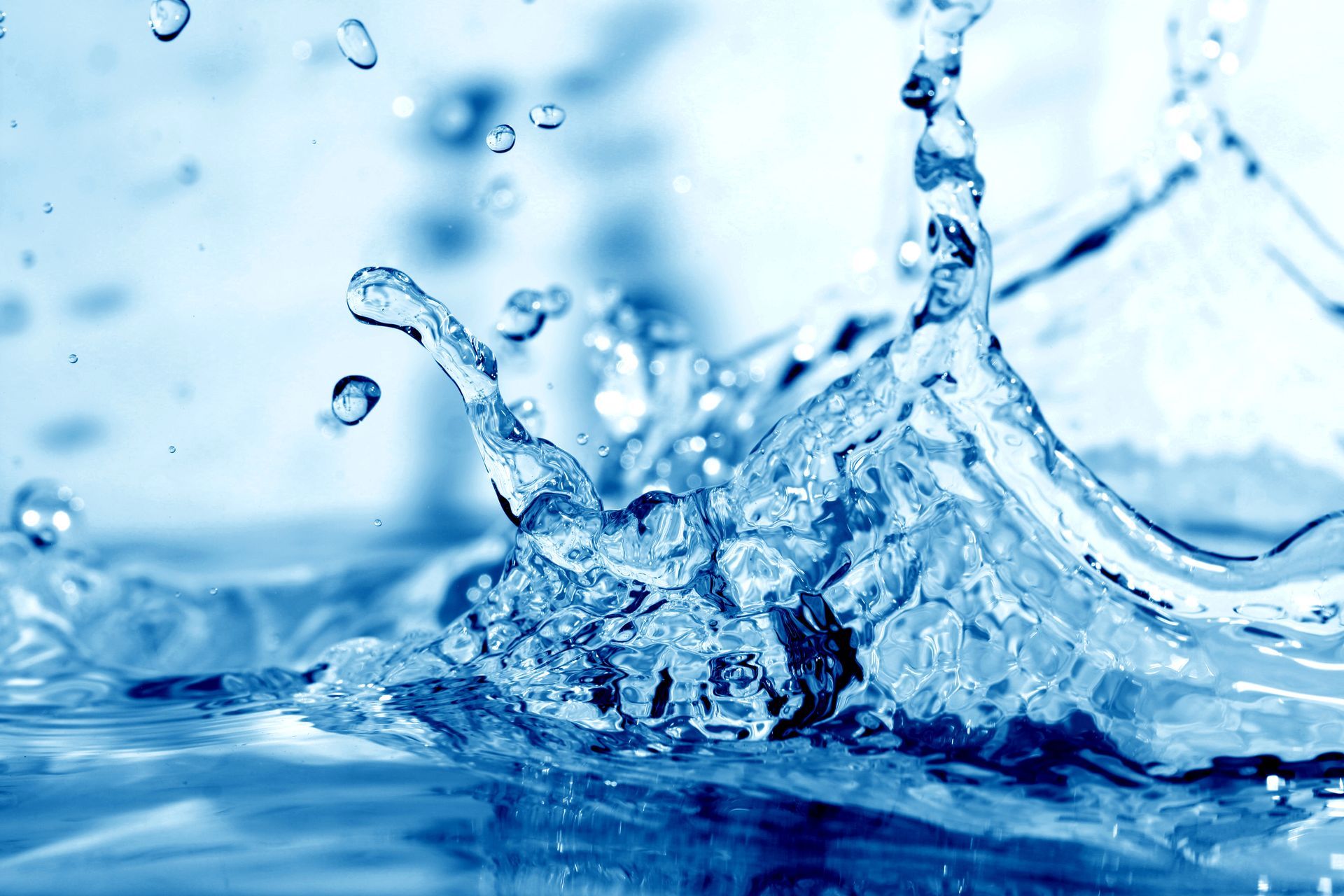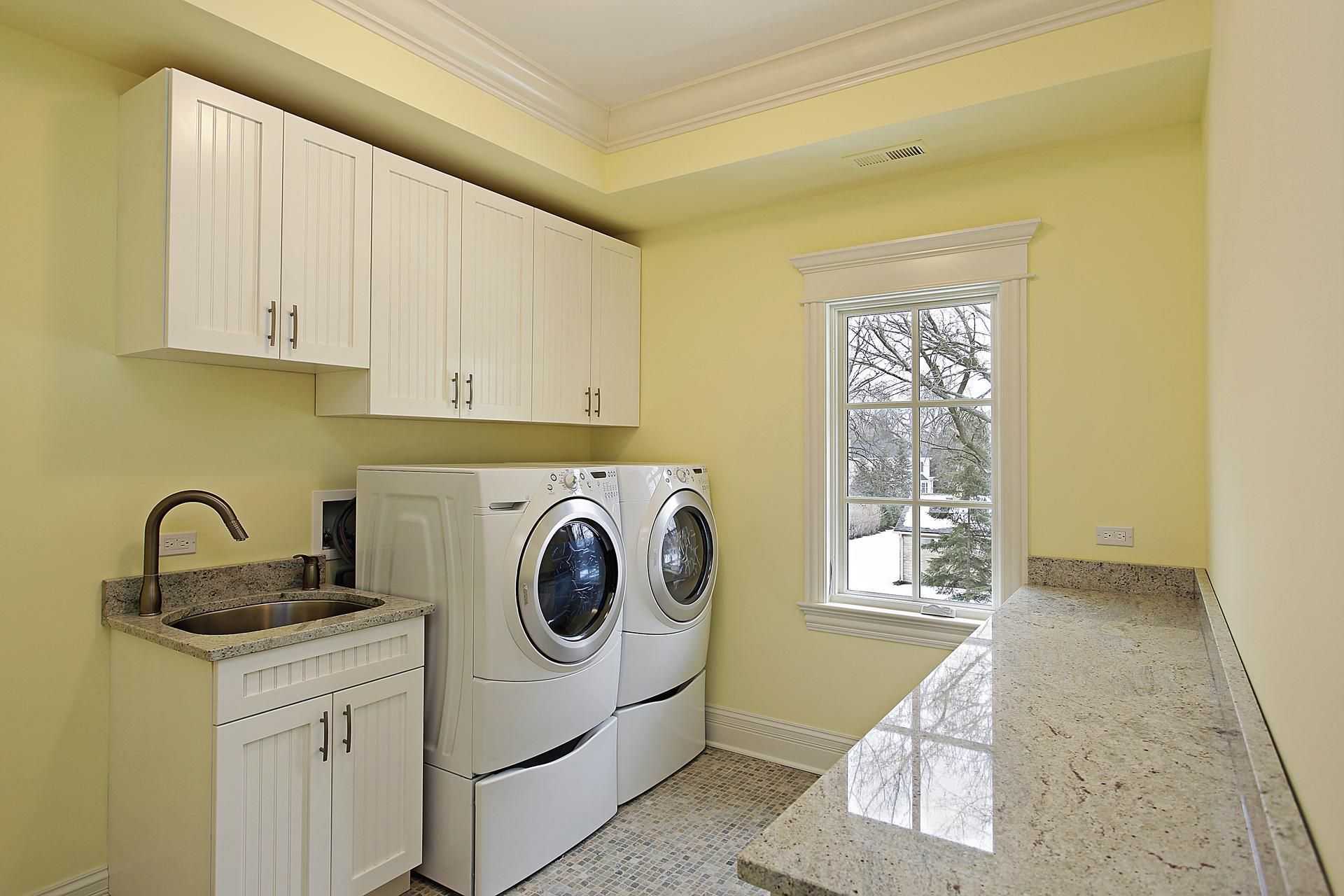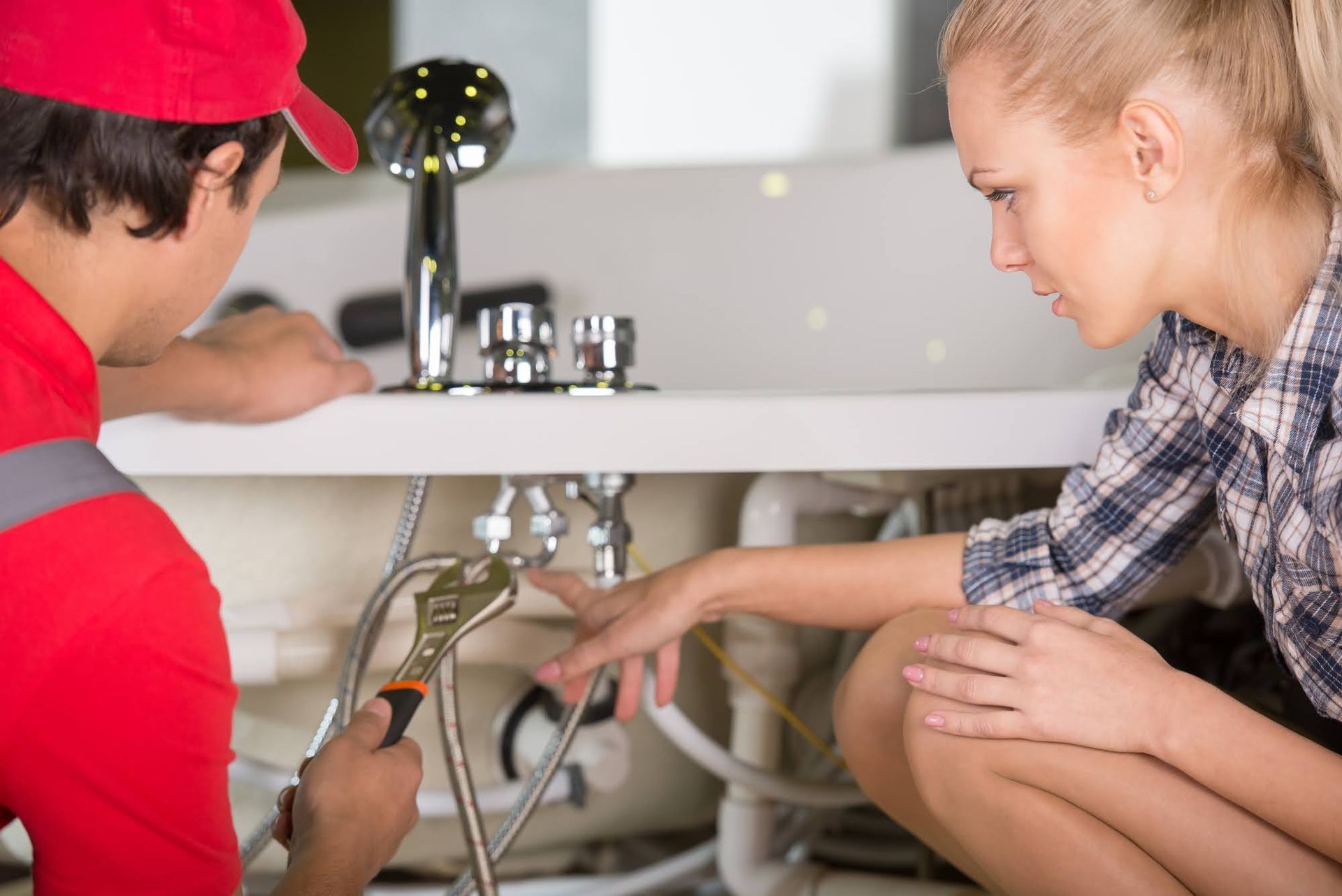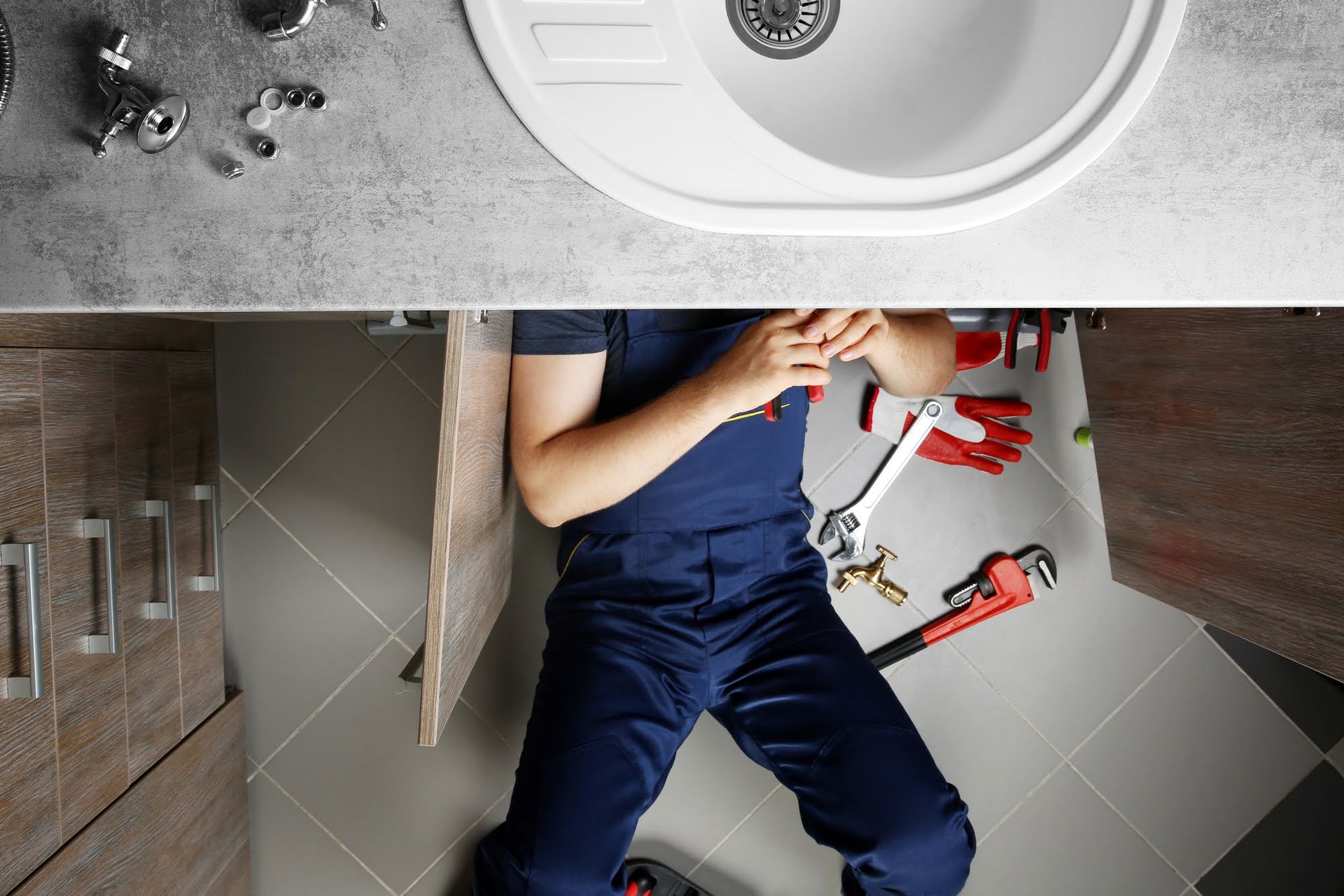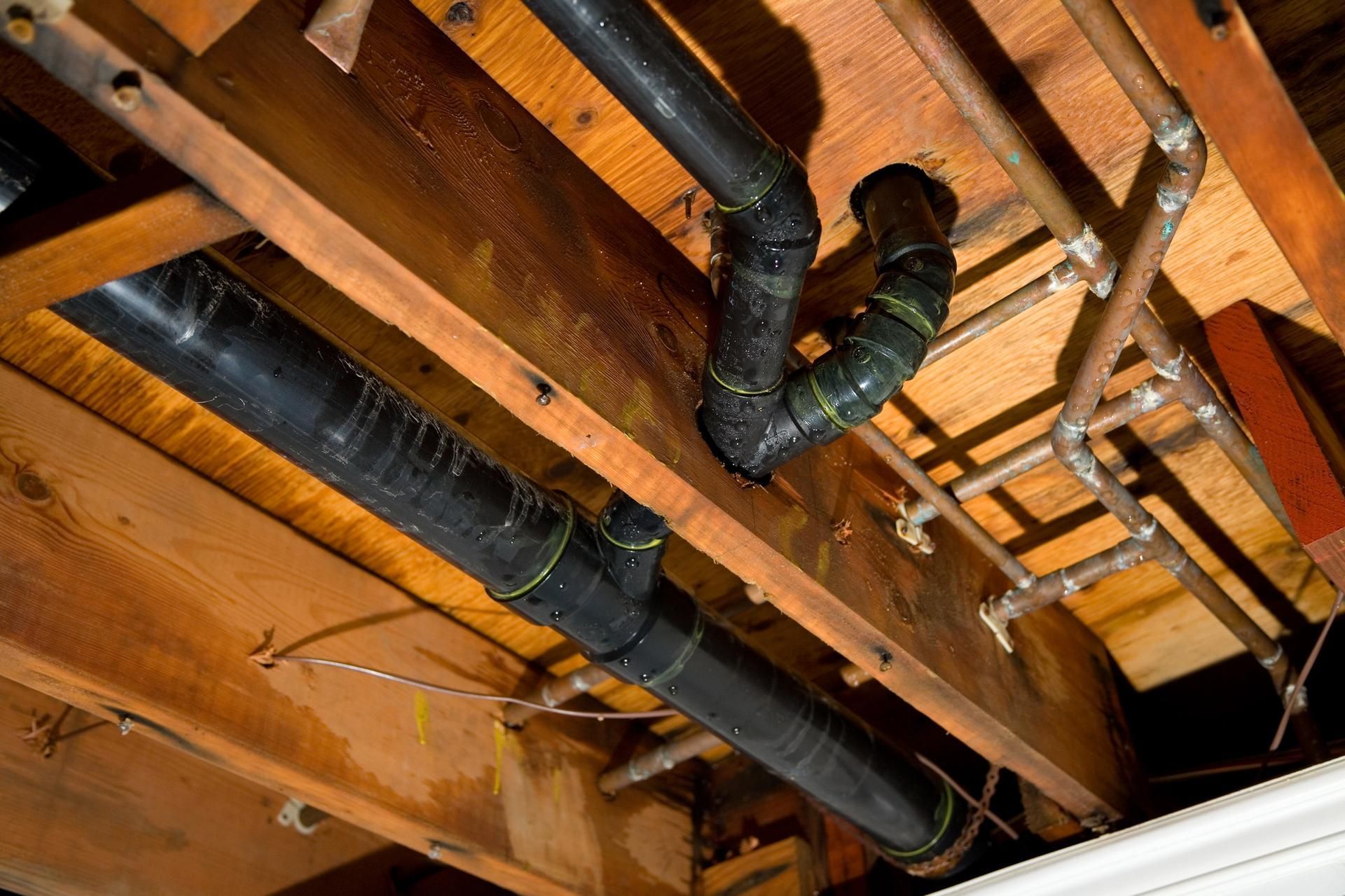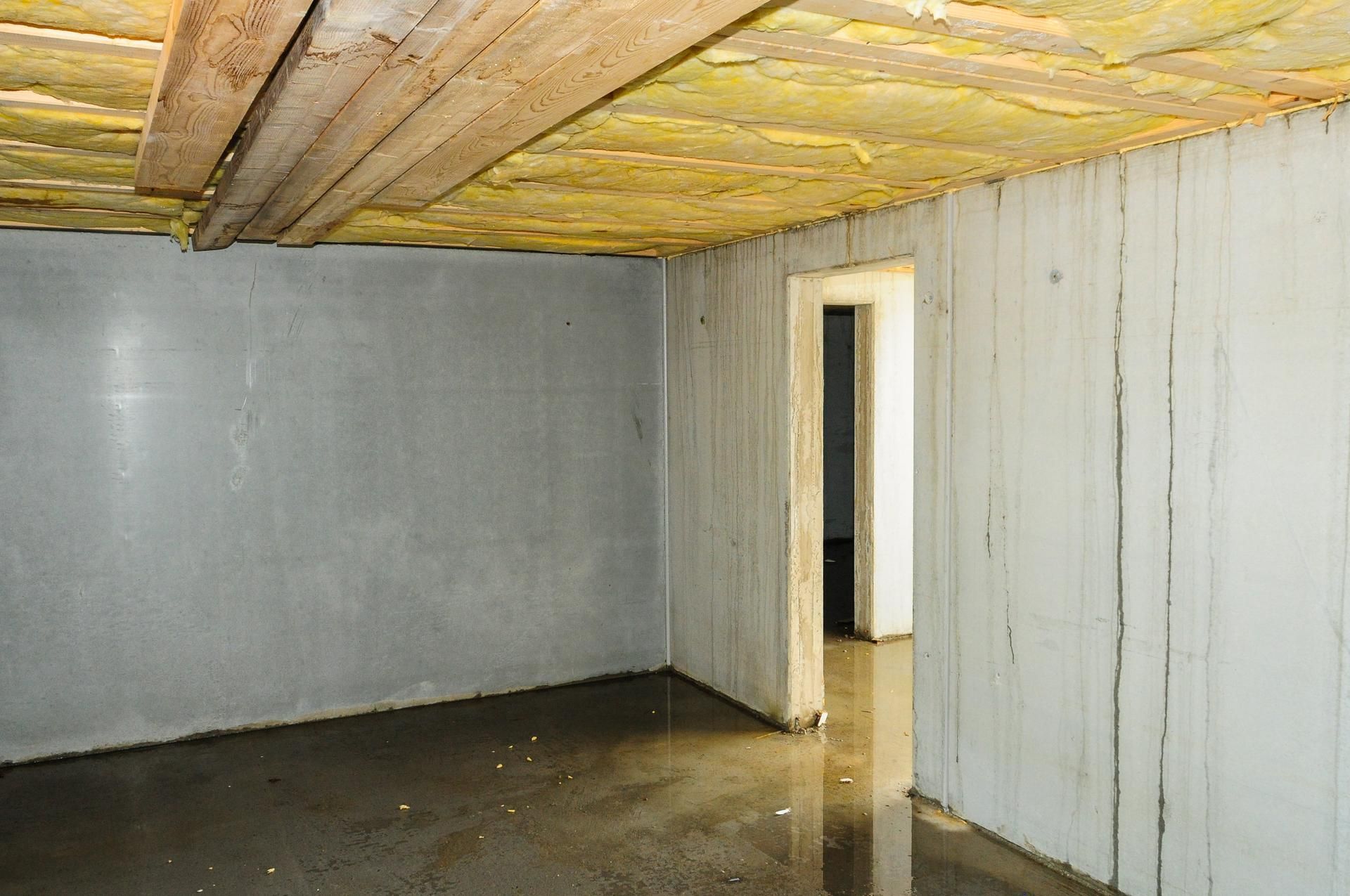Blog


Possible Causes of a Well Pump Refusing to Prime
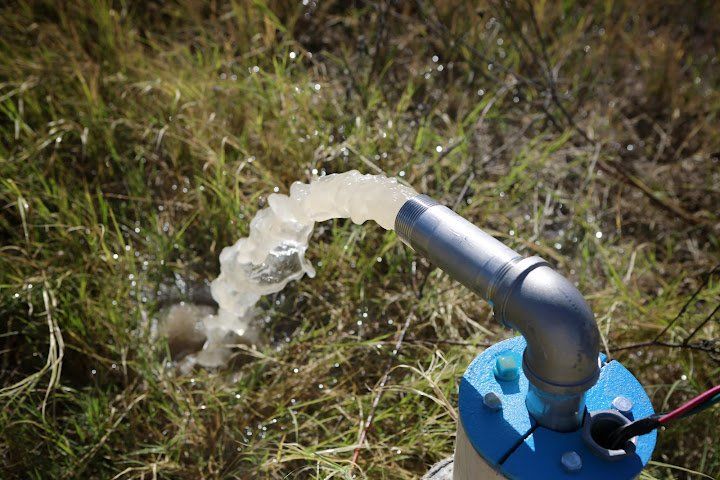
A well pump is a must-have for anyone who depends on groundwater. The pump helps to bring water from the well to the surface. Without a well pump, you would have to manually draw water from the well — a tedious and time-consuming task.
However, like any other machine, a well pump is bound to fail sometimes. Well pump refusal to prime is one such mechanical hitch. Failure to identify and rectify the cause of this problem leads to frustrations, money, and time wastage. This article explains some possible reasons why your well pump refuses to prime.
The Well Pump is Well above Water Level
If the pump is too far from the water, the machine cannot pull the water up. Consequently, the pump will not reach the minimum water limit to accelerate its ability to prime.
The ideal situation is to have the pump as close to the water as possible but ensure the pump is not submerged. If your well is too shallow, you can lower the pump using a pipe or well pump extension pipe.
The Suction Pipe Has Air Leaks
The suction pipe should be airtight for a well pump to work correctly. If there are holes or cracks on the suction pipe, air might enter the system and make it hard for the pump to pull water up. Also, if water can seep out of the suction pipe, that water will hinder the pump's priming power.
Contact a pump expert immediately you suspect an air leak. The professional will inspect the suction pipe for leaks, especially at the elbows and joints. The plumber should also confirm that the pump is submerged adequately. Otherwise, if the pump doesn't meet the minimum pit submission level, vortex formation may occur in the pressure tank, which may rise to the suction pipe.
The Well Screen or Casing is Faulty
The well screen or casing is the metal cylinder that surrounds a pump. If this component has holes or cracks, dirt and debris might enter the system and clog the impeller, diffuser, or even the well pump foot valve. As a result, the pump cannot prime as efficiently as before.
Here are other signs that your well screen is faulty:
A Sudden or Gradual Decrease in Water Pressure
If the water pressure in your home starts to decrease, that may signify that the screen has clogs. However, the drop in water pressure may also indicate a more serious underlying problem, such as a broken pipe. In any case, call a professional to inspect your system and establish the root cause of the pressure drop.
Water Sputters
Water will have nowhere to flow if the well screen has a blockage. Consequently, water starts to eject out in bits through the faucet.
A professional can clean and unclog your well screen. Besides, the expert will look for any holes or cracks and make the necessary repairs.
Well Pump is Noisy
Screen blockage will cause the water to flow in spurts, which causes turbulence and, as a result, noise. Let a pump repair expert inspect the well screen and use their professional tools to clear any debris.
If your well pump refuses to prime, you shouldn't attempt DIY repairs. Instead, call a well pump repair expert for quality work and a safety guarantee. The professionals have the experience, skills, and tools to troubleshoot and fix the problem correctly. Also, the specialists will advise you on how to maintain your well pump to reduce the need for repairs in the future.
We are your go-to provider for all plumbing and well pump services. We are reliable and will show up whenever you need us. Contact us at Complete Plumbing to get a quote.
Installation
Services
and Military Discount
- Master Plumber License #1555
- Ohio License #33764


